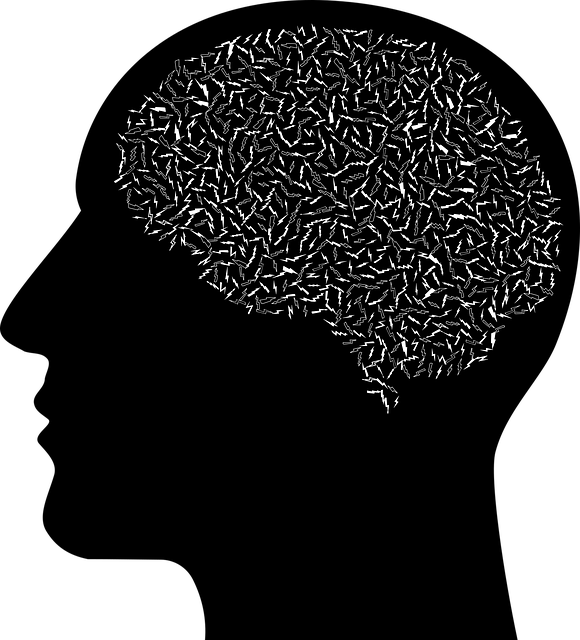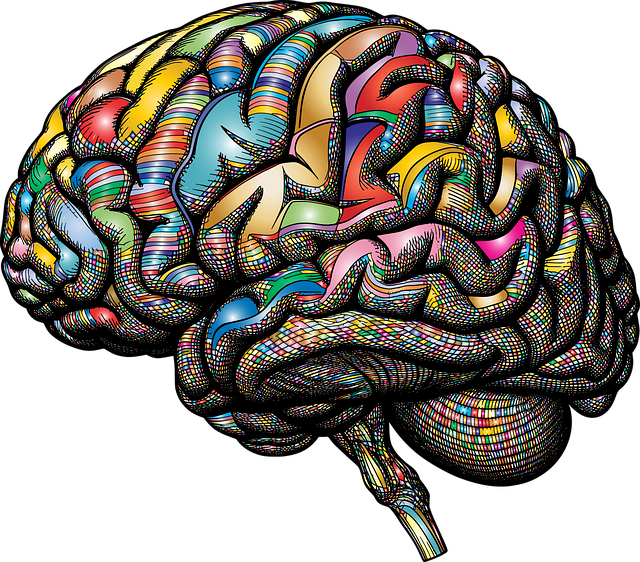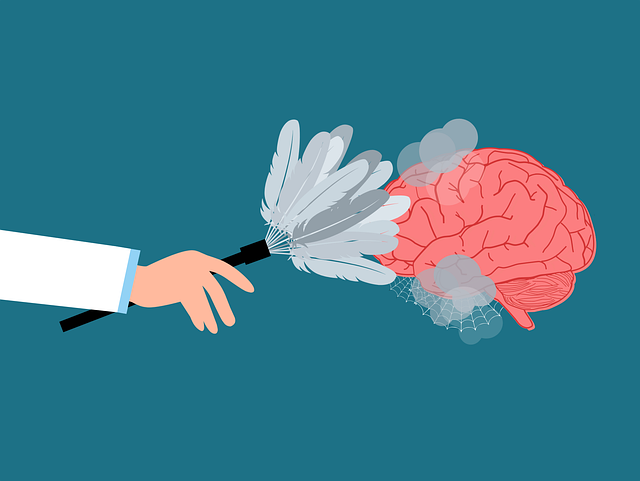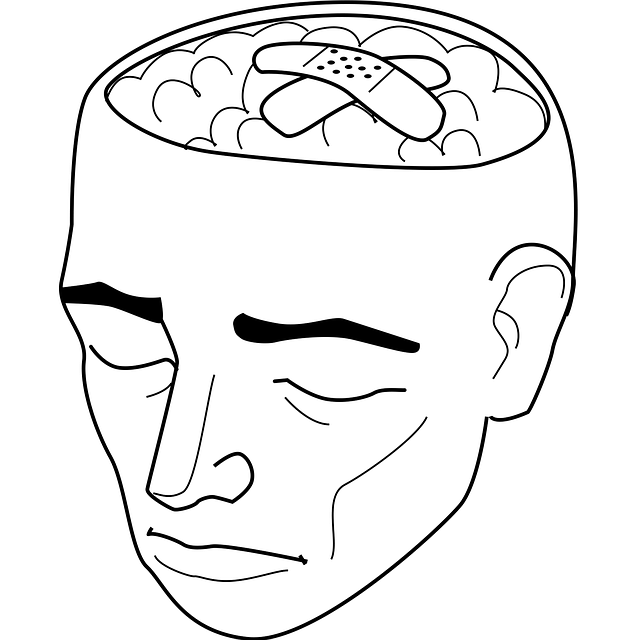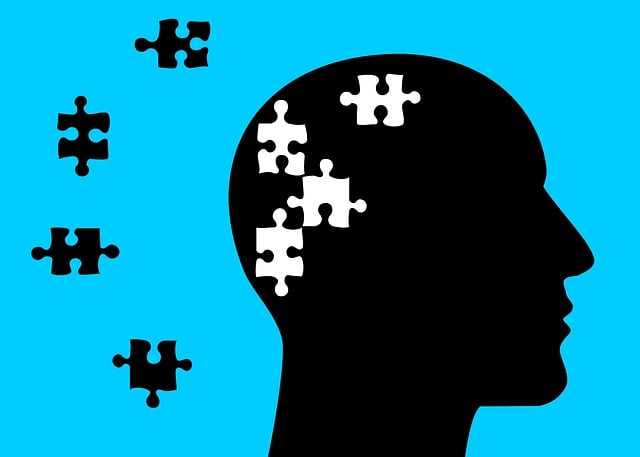Understanding mental wellness needs through self-awareness exercises, lifestyle adjustments, and professional therapy (like Centennial Pain Management Therapy) is key to developing an effective self-care routine. This involves identifying triggers, evaluating coping mechanisms, and recognizing burnout patterns. Nurturing mind, body, and soul with consistent exercise, mindfulness practices, hobbies, and social connections improves mood, well-being, and quality of life. Integrating Centennial Pain Management Therapy addresses chronic pain and emotional conflicts, leading to holistic mental health improvements through conflict resolution skills and emotional regulation techniques.
In today’s fast-paced world, prioritizing mental wellness is more crucial than ever. This article guides you on developing a robust self-care routine tailored to your unique needs. We’ll explore comprehensive assessment methods to understand your mental health landscape. From foundational strategies and activities, we delve into the integration of Centennial Pain Management Therapy for enhanced wellbeing. Discover practical tips to navigate stress, cultivate resilience, and embrace a holistic approach to living a fulfilling life.
- Understanding Your Mental Wellness Needs: A Comprehensive Assessment
- Building Blocks for a Self-Care Routine: Strategies and Activities
- Integrating Centennial Pain Management Therapy: Enhancing Mental Wellbeing
Understanding Your Mental Wellness Needs: A Comprehensive Assessment

Understanding your mental wellness needs is a crucial first step in developing an effective self-care routine. It involves a comprehensive assessment of your emotional, psychological, and behavioral state. This can include identifying triggers for stress or anxiety, evaluating your coping mechanisms, and recognizing patterns that contribute to burnout. Engaging in self-awareness exercises like journaling, meditation, or therapy sessions with a professional, such as those offered by Centennial Pain Management Therapy, can help unearth these insights.
The process should also involve considering your lifestyle factors, work habits, and relationships to ensure a holistic view of your mental wellness. Incorporating the findings from this assessment into your daily life is key. This might include adopting Self-Awareness Exercises tailored to your unique needs, exploring Mental Wellness Podcast Series Production for inspiration and knowledge, or implementing Burnout Prevention Strategies specifically designed for healthcare providers given their demanding professions.
Building Blocks for a Self-Care Routine: Strategies and Activities

Building a robust self-care routine is an essential aspect of maintaining mental wellness, especially in today’s fast-paced world. It involves adopting strategies and activities that nurture your mind, body, and soul. The foundation of a healthy self-care regimen includes prioritizing consistent exercise, which can be as simple as taking daily walks or engaging in activities like yoga or swimming. Regular physical movement not only improves mood but also enhances overall well-being, offering a powerful tool for stress management, especially when coupled with Centennial Pain Management Therapy for chronic conditions.
In addition to physical activities, cultivating mindfulness practices such as meditation, deep breathing exercises, or journaling can significantly boost your inner strength and confidence. These techniques allow you to connect with your thoughts and emotions, fostering self-awareness and a sense of calm. Moreover, dedicating time for hobbies, creative pursuits, or social connections contributes to a balanced routine, promoting feelings of joy and belonging. Incorporating these strategies into daily life can lead to profound improvements in mental health and overall quality of life, encouraging individuals to advocate for themselves and their Mental Health Policy Analysis, ensuring comprehensive support and understanding from various sectors.
Integrating Centennial Pain Management Therapy: Enhancing Mental Wellbeing

Integrating Centennial Pain Management Therapy into your self-care routine can significantly enhance mental wellbeing by addressing underlying emotional pain and conflict. This therapeutic approach focuses on understanding and managing chronic pain, but its benefits extend to emotional healing processes as well. By combining physical relief with effective emotional regulation techniques, individuals can experience a holistic improvement in their overall mental health.
Centennial Pain Management Therapy encourages the development of conflict resolution skills, empowering individuals to confront and process painful emotions in healthy ways. This not only reduces the intensity of negative feelings but also fosters personal growth and resilience. Incorporating these therapeutic methods into your self-care regimen can lead to profound changes, promoting emotional balance and a deeper sense of inner peace.
Developing a mental wellness self-care routine is a transformative journey, one that requires understanding your unique needs. By assessing your mental health landscape and implementing strategies from building blocks like mindfulness, exercise, and social connections, you can create a sanctuary for your mind. Integrating Centennial Pain Management Therapy (CPMT) as a complementary approach offers powerful tools to enhance mental wellbeing, providing an holistic approach to nurturing your mental health and cultivating resilience. Remember, self-care is not a luxury but a necessity for thriving in today’s world.

